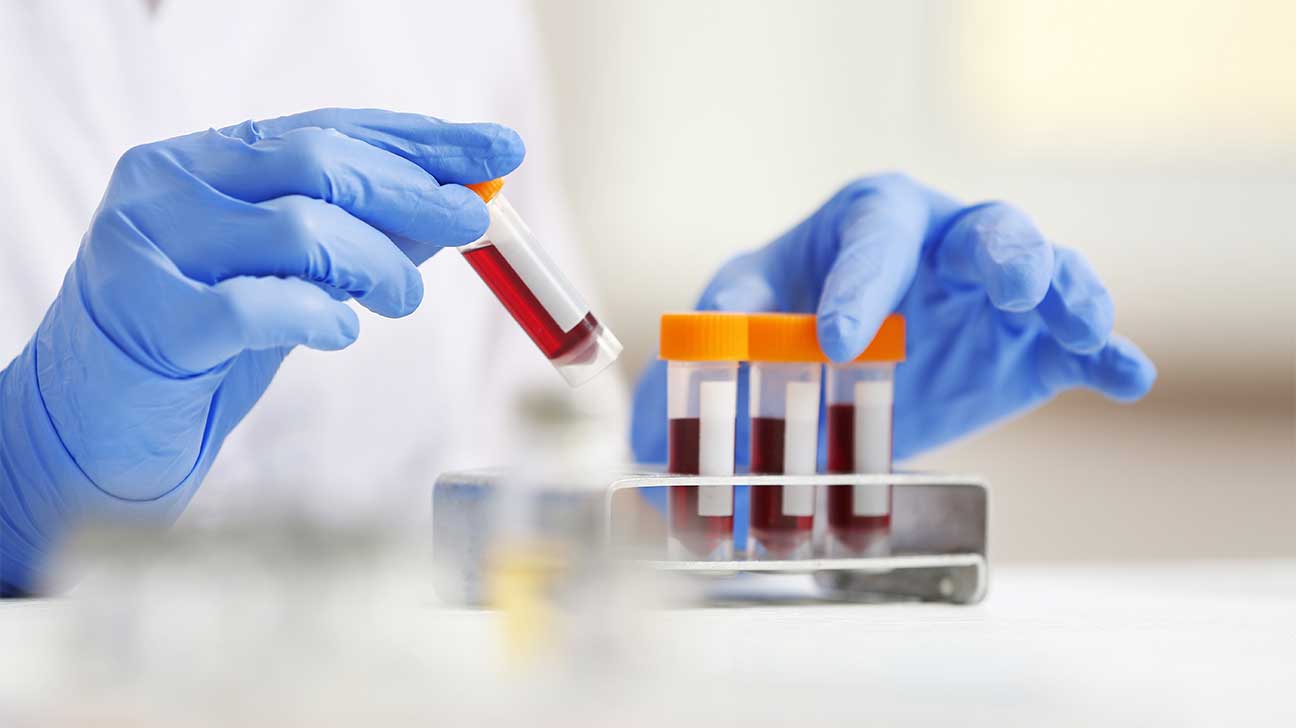
Blood tests, like breathalyzer tests, can detect alcohol the quickest of all drug tests, but also have the shortest detection windows.
Blood tests won’t be able to detect alcohol use for very long unless you have had a lot to drink, have a slow metabolism, or have another health condition or genetic predisposition that affects alcohol absorption.
Detecting Alcohol In Blood
Alcohol can stay in the blood for about 12 to 24 hours on average, depending on how much you had to drink and various other factors.
What Factors Can Affect How Long Alcohol Stays In Your Blood?
People can absorb and metabolize alcohol at different rates depending on a wide range of personal, biological, and genetic factors.
How Much You Drink
One of the most important factors that determine how long it takes for alcohol to leave the blood is how much you’ve had to drink.
This is because the concentration of alcohol in the blood, or the blood alcohol concentration (BAC), is a major factor in the elimination of alcohol from the body.
In general, you’ll have a higher BAC the more you drink. Slow metabolism, eating on an empty stomach, and higher body fat percentage can affect your BAC level.
How Often You Drink
Chronic, heavy drinking and alcohol dependence can affect how long alcohol stays in your system.
Your Age
Metabolism generally slows with age. For this reason, older people tend to metabolize alcohol more slowly than someone who is younger.
Body Fat Percentage
Alcohol will stay in your body longer the more body fat you have. On average, women tend to have higher body fat percentages than men, but this can vary according to individual factors.
Use Of Other Drugs
The use of some drugs, including prescription medications, can affect how alcohol is metabolized in the body. This can affect the detection window.
Examples include:
- anti-anxiety medications (e.g. benzodiazepines)
- antidepressants
- antibiotics
- allergy medications
- diabetes medications
- illicit drugs (e.g. cocaine, methamphetamine, heroin)
Food
About 20 percent of alcohol enters the bloodstream through the stomach.
Eating food before and while drinking can help dilute the alcohol in the stomach and slow the rate of absorption.This can slow the rate of intoxication and also prolong the detection window.
Genetics
Some research has found that certain genes can affect how the body processes alcohol.
East Asian individuals, for instance, will more often possess certain genes that can affect how alcohol is processed in the body. This may cause certain side effects, such as the “Asian flush”.
How To Get Alcohol Out Of Your System
Generally, the body will process one standard drink at a rate of one hour per drink. One standard drink typically results in a 0.15 percent BAC.
This can result in a detection window of up to 10 hours, although the effects of alcohol may fade before it’s completely out of your bloodstream.
A standard drink is defined as:
- 12oz of beer
- 5oz of wine
- 1.5oz of liquor
Contrary to popular belief, the only way to get alcohol and other drugs out of your system is to allow it to leave the body naturally.
Although food and water consumption can affect the absorption rate, alcohol is eliminated at a rate of 0.016 BAC per hour.
Call Us Today To Find Alcohol Detox
If you are concerned about how long alcohol may be detectable in your blood, it may be time to seek help.
Call our helpline today to find an alcohol detox program or addiction treatment program that’s right for you.
Addiction Resource aims to provide only the most current, accurate information in regards to addiction and addiction treatment, which means we only reference the most credible sources available.
These include peer-reviewed journals, government entities and academic institutions, and leaders in addiction healthcare and advocacy. Learn more about how we safeguard our content by viewing our editorial policy.
- Stanford University: Office of Alcohol Policy and Education—Factors That Affect How Alcohol is Absorbed & Metabolized
https://alcohol.stanford.edu/alcohol-drug-info/buzz-buzz/factors-affect-how-alcohol-absorbed - U.S. National Library of Medicine:NCBI—Ethnic Differences in Level of Response to Alcohol Between Chinese Americans and Korean Americans
https://www.ncbi.nlm.nih.gov/pmc/articles/PMC2739570/


